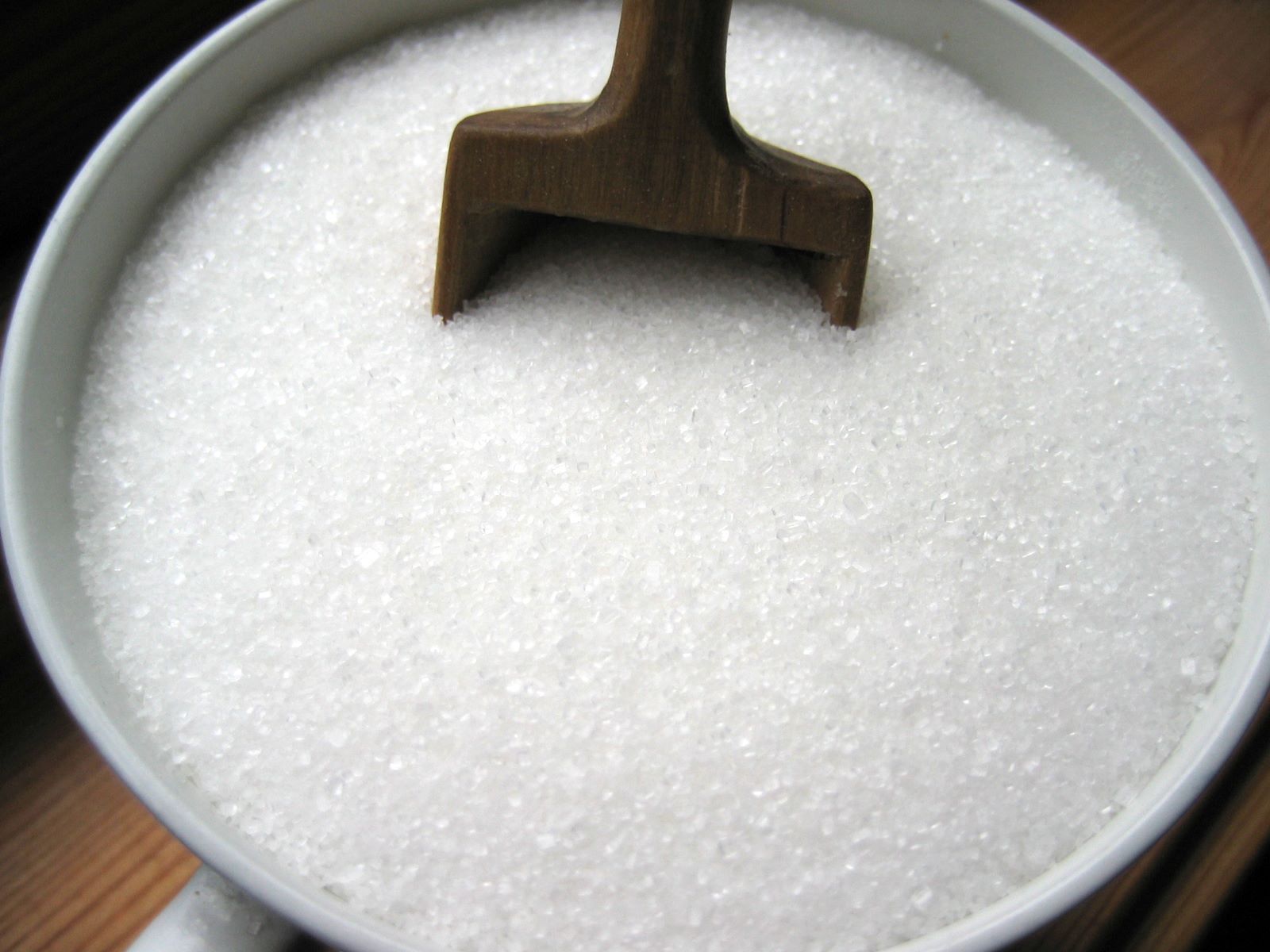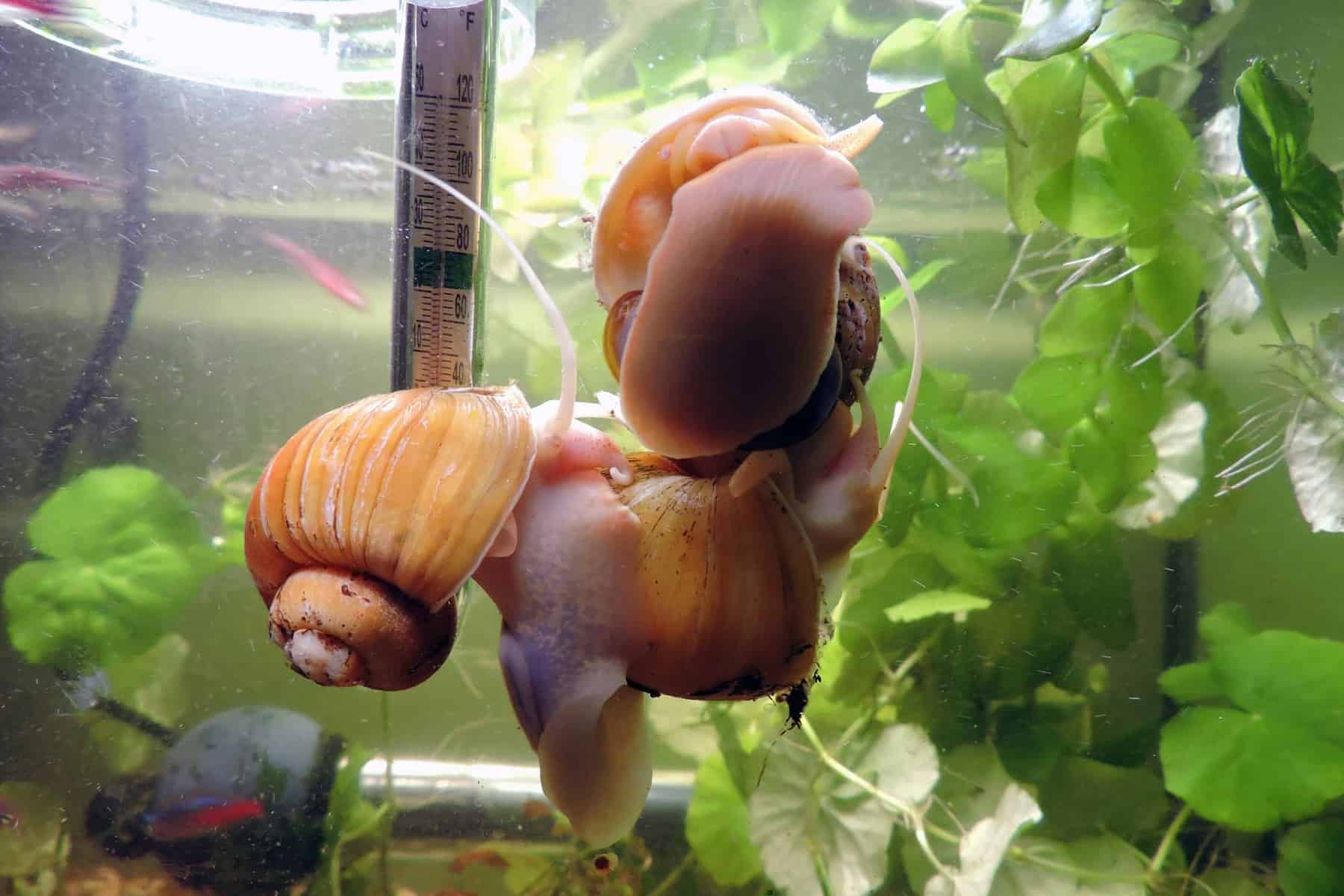Home>Health and Wellness>The Truth About Sweeteners: Do They Break Your Fast?


Health and Wellness
The Truth About Sweeteners: Do They Break Your Fast?
Published: February 2, 2024
Discover the truth about sweeteners and their impact on fasting. Learn how they can affect your health and wellness goals.
(Many of the links in this article redirect to a specific reviewed product. Your purchase of these products through affiliate links helps to generate commission for Regretless.com, at no extra cost. Learn more)
Table of Contents
Introduction
When it comes to health and wellness, fasting has gained significant attention for its potential benefits. Many individuals incorporate fasting into their lifestyle to promote weight loss, improve metabolic health, and enhance overall well-being. However, a common concern that arises during fasting is the consumption of sweeteners. The question that often surfaces is whether sweeteners have the potential to break a fast.
In the realm of nutrition, sweeteners encompass a wide array of substances that are used to add sweetness to food and beverages. From natural options like stevia and monk fruit to artificial alternatives such as aspartame and sucralose, the market is flooded with choices that cater to various dietary preferences. As individuals strive to make informed decisions about their fasting practices, it becomes crucial to understand the impact of sweeteners on the fasting state.
The debate surrounding sweeteners and fasting is multifaceted, encompassing scientific research, anecdotal evidence, and individual experiences. While some advocate for the use of certain sweeteners during fasting as a means to manage cravings and adhere to dietary restrictions, others raise concerns about potential metabolic effects and the disruption of fasting-induced physiological processes.
In this comprehensive exploration, we will delve into the world of sweeteners, dissecting the various types available and examining their potential effects on fasting. By shedding light on this often-debated topic, we aim to provide clarity and insights that will empower individuals to make informed choices regarding sweetener consumption during fasting periods. So, let's unravel the truth about sweeteners and their impact on fasting, equipping ourselves with the knowledge needed to navigate this aspect of our health journey.
What are sweeteners?
Sweeteners, also known as sugar substitutes or artificial sweeteners, are substances used to impart a sweet taste to food and beverages without the added calories of sugar. They are widely utilized as alternatives to sugar, catering to individuals seeking to reduce their caloric intake, manage blood sugar levels, or simply satisfy their sweet tooth without the drawbacks associated with traditional sugar consumption.
These sweetening agents come in various forms, including natural, artificial, and sugar alcohols. Natural sweeteners, such as stevia and monk fruit extract, are derived from plant sources and are prized for their zero-calorie nature. On the other hand, artificial sweeteners like aspartame, sucralose, and saccharin are synthetically produced and offer intense sweetness without the caloric load of sugar. Additionally, sugar alcohols such as xylitol and erythritol are popular choices known for their reduced impact on blood sugar levels compared to regular sugar.
The appeal of sweeteners lies in their ability to provide a sweet taste while minimizing the negative effects associated with excessive sugar consumption. For individuals managing conditions like diabetes or those adhering to low-calorie diets, sweeteners offer a way to enjoy sweetness without compromising their dietary goals.
Furthermore, sweeteners have found their way into a myriad of products, ranging from diet sodas and sugar-free snacks to protein bars and low-calorie desserts. Their versatility and widespread availability have made them a staple in the modern food industry, catering to the evolving preferences and health-conscious choices of consumers.
As the demand for healthier alternatives to sugar continues to rise, the market for sweeteners has expanded, offering a diverse array of options to suit varying tastes and dietary requirements. This diversity allows individuals to select sweeteners that align with their nutritional goals and personal preferences, further underscoring the significance of understanding the implications of sweetener consumption, especially in the context of fasting.
In the subsequent sections, we will delve deeper into the specific types of sweeteners, their potential effects on fasting, and the considerations to keep in mind when incorporating them into a fasting regimen. By gaining a comprehensive understanding of sweeteners, individuals can navigate their fasting journey with clarity and informed decision-making.
Types of sweeteners
Sweeteners come in various forms, each with its unique properties and applications. Understanding the distinctions between these sweetening agents is crucial for individuals seeking to make informed choices, particularly when it comes to integrating them into their fasting practices. Here, we explore the different types of sweeteners, shedding light on their characteristics and potential impact on fasting.
-
Natural Sweeteners: Derived from plant sources, natural sweeteners offer sweetness without the calorie load of sugar. Stevia, extracted from the leaves of the Stevia rebaudiana plant, is prized for its intense sweetness and zero-calorie profile. Similarly, monk fruit extract, obtained from the Siraitia grosvenorii fruit, provides a natural, zero-calorie sweetening option. These natural sweeteners have gained popularity among health-conscious individuals seeking alternatives to sugar without sacrificing sweetness.
-
Artificial Sweeteners: Artificial sweeteners are synthetically produced compounds that deliver a potent sweet taste without the caloric impact of sugar. Aspartame, sucralose, saccharin, and acesulfame potassium (Ace-K) are among the most widely used artificial sweeteners. These additives are several times sweeter than sugar, allowing for minimal quantities to achieve the desired sweetness in foods and beverages.
-
Sugar Alcohols: Sugar alcohols, such as xylitol, erythritol, and sorbitol, are commonly used as sweetening agents in sugar-free products. Unlike artificial sweeteners, sugar alcohols do contain some calories, but they have a reduced impact on blood sugar levels, making them popular choices for individuals managing diabetes or adhering to low-carbohydrate diets.
-
Natural Sugar Substitutes: In addition to stevia and monk fruit extract, other natural sugar substitutes include agave nectar, honey, and maple syrup. While these alternatives contain calories and are not zero-calorie options, they are perceived as more natural choices compared to artificial sweeteners and are often used in moderation as part of a balanced diet.
-
Novel Sweeteners: With advancements in food science, novel sweeteners such as allulose and tagatose have emerged as alternatives to traditional sweeteners. These substances offer sweetness with minimal impact on blood sugar levels and caloric intake, positioning them as promising options for individuals seeking innovative sweetening solutions.
Understanding the diverse landscape of sweeteners empowers individuals to select options that align with their dietary preferences and fasting goals. However, it is essential to consider the potential physiological responses to sweeteners during fasting, as these substances may trigger metabolic processes that could impact the desired outcomes of the fasting regimen. By gaining insights into the characteristics of various sweeteners, individuals can navigate their fasting journey with a nuanced understanding of the potential implications of sweetener consumption.
Effects of sweeteners on fasting
The effects of sweeteners on fasting have been a subject of debate and scrutiny within the health and wellness community. As individuals embark on fasting regimens for various reasons, including weight management, metabolic health, and overall well-being, the role of sweeteners in this context has garnered significant attention. Understanding the potential impact of sweeteners on fasting requires a nuanced exploration of their physiological effects and the implications for fasting-induced metabolic processes.
One of the primary concerns surrounding sweeteners during fasting revolves around their potential to trigger metabolic responses that may compromise the desired outcomes of the fasting state. While sweeteners are devoid of calories and do not elicit a significant insulin response due to their low or zero glycemic impact, research suggests that the taste of sweetness alone can stimulate cephalic phase insulin release and prime the body for nutrient assimilation. This phenomenon raises questions about whether the consumption of sweeteners, despite their lack of caloric content, could disrupt the metabolic benefits associated with fasting.
Furthermore, certain sweeteners, particularly artificial ones, have been linked to alterations in gut microbiota and metabolic processes. Studies have indicated that artificial sweeteners may influence glucose tolerance and insulin sensitivity, potentially impacting the body's response to fasting-induced changes in insulin levels and glucose utilization. Additionally, the potential for sweeteners to affect hunger and satiety signals, albeit indirectly, raises concerns about their role in managing appetite and cravings during fasting periods.
On the other hand, proponents of sweeteners during fasting argue that these substances can serve as valuable tools for adherence to dietary restrictions and the management of cravings, thereby supporting the sustainability of fasting regimens. By providing a sweet taste without the caloric load of sugar, sweeteners may offer individuals a means to navigate fasting periods while mitigating the psychological challenges associated with food restriction.
It is important to note that individual responses to sweeteners during fasting can vary based on factors such as metabolic health, dietary context, and overall lifestyle. While some individuals may incorporate sweeteners into their fasting protocols without significant impact on their metabolic parameters, others may find that even the taste of sweetness disrupts their fasting experience.
In essence, the effects of sweeteners on fasting are multifaceted, encompassing potential metabolic influences, psychological considerations, and individual variations in response. As individuals navigate the terrain of fasting and seek to optimize their health through dietary modifications, the role of sweeteners warrants thoughtful consideration and personalized exploration. By staying attuned to their bodies' responses and integrating evidence-based insights, individuals can make informed choices regarding the inclusion or exclusion of sweeteners within the context of their fasting practices.
Conclusion
In the realm of health and wellness, the relationship between sweeteners and fasting is a complex and nuanced subject that warrants careful consideration. As individuals strive to optimize their well-being through fasting regimens, the role of sweeteners in this context demands thoughtful evaluation.
The diverse landscape of sweeteners, encompassing natural options, artificial substitutes, sugar alcohols, and novel alternatives, offers individuals a wide array of choices to suit their dietary preferences and health goals. However, the potential effects of sweeteners on fasting extend beyond their caloric content, delving into metabolic responses, appetite regulation, and individual variations in physiological reactions.
While sweeteners present an avenue for managing cravings and adhering to dietary restrictions during fasting, concerns regarding their impact on metabolic processes and hunger signals underscore the need for personalized exploration. The taste of sweetness, even in the absence of calories, has the potential to influence insulin secretion and metabolic responses, raising questions about the compatibility of sweeteners with the objectives of fasting.
Individual experiences with sweeteners during fasting may vary, influenced by factors such as metabolic health, psychological responses, and overall dietary context. As such, the decision to incorporate sweeteners into a fasting regimen remains a highly individualized choice, necessitating a keen awareness of one's body's feedback and an informed understanding of the potential implications.
In navigating the terrain of sweeteners and fasting, individuals are encouraged to approach this aspect of their health journey with a balanced perspective, drawing insights from scientific research, personal experimentation, and evidence-based guidance. By cultivating a nuanced understanding of the interplay between sweeteners and fasting, individuals can make informed decisions that align with their unique needs and aspirations for health and well-being.
Ultimately, the truth about sweeteners and their impact on fasting transcends a one-size-fits-all approach, embracing the complexity of individual responses and the evolving body of knowledge in the field of nutrition and metabolic health. By embracing this complexity, individuals can embark on their fasting journey with clarity, empowerment, and a holistic approach to health optimization.















